Eating during the holiday season is synonymous with a few things – gluttony being at the top of the list. Sure, we love to shove piles of mashed potatoes into our faces as much as the next person, but with increased amounts of cooking and dining comes increased waste.
How much food waste you ask?
According to the National Resources Defense Council, over Thanksgiving last year, Americans wasted about 204 million pounds of turkey alone and it’s estimated that Americans will toss over 5 million tons of food in total between Thanksgiving and New Years.
Seems like we’ve got a national “someone’s eyes are bigger than their stomach” crisis on our hands.
Here are some practical ways to stay zero waste with your food choices during the holidays so you don’t end up tossing a turkey.
Be prepared
When thinking about the dishes you’re going to make, sit down and take the extra time to look through each ingredient you’ll be needing. Assess what you have in your pantry to not buy any duplicates (we’ve all done it out of pure laziness), and figure out the way to buy each ingredient package free or in recyclable packaging.
How do you buy food package free? We recommend buying ingredients from your local farmer’s market or at stores that offer bulk options for items that oftentimes come in wasteful packaging. Here’s a great post on package free grocery shopping.
Make sure to bring reusable shopping bags, cloth produce bags and empty jars with you to avoid using any non-recyclable plastic bags while shopping.
If you need to, switch up your recipes
If you can’t find a package free solution to an ingredient in a recipe, switch up the recipe or find a new one! The holidays are all about tradition for many people, but there’s nothing wrong with making some new ones or adding your twist to a family recipe.
Start from scratch
Premade food items often come wrapped in thin non-recyclable plastic or packaged in plastic or styrofoam. Also with a premade item, you have no control over the quality of ingredients used in the recipe.
By cooking from scratch, you’re being better to the earth and your body – and it will most likely taste more delicious! Here’s a recipe to prove it.
Forgo the can-shaped glob of cranberry sauce this year for a homemade version with fresh cranberries from the farmer’s market.
Compost food scraps
COMPOST COMPOST COMPOST!
Did you know that when food is sealed in plastic, and then it decomposes in a landfill it produces methane gas, a harmful greenhouse gas that contributes to global warming? It’s why composting food scraps and letting them decompose properly is the best way to go.
What can you compost? Leftover food, any food scrap that doesn’t get used in your actual recipe – a peal, a stem, a pit, etc. – and food-soiled paper items like coffee filters, napkins and tea bags.
Here’s a great tip: when cooking, set up a big bowl or bag right next to you to make sure none of your food scraps accidentally get thrown into the garbage. This is a great way to also “clean as you cook” and keep your kitchen tidy.
When eating, if guests are clearing their own plates, set up a bin next to the sink, and kindly ask them to scrape their leftover food off their plate and into the compost bin before cleaning their dish.
You can keep compost in the freezer or keep a big locking bin outside if you live in a place with outdoor accessibility. Here’s a great guide on composting kitchen waste.
Use real utensils, cups and plates
If you’re hosting a holiday meal, the idea of washing everyone’s dishes afterwards may sway you to opt for disposable dishes or cutlery, but when considering the environmental impact of plastics (like the fact that Americans throw away enough plastic cutlery a year to circle the earth 300 times), scrubbing a few dozen dishes isn’t too bad.
If you don’t have enough dishes, cups or cutlery, ask to borrow from a friend or neighbor, or stop by your local Goodwill or a thrift store and pick up some secondhand items before the event. Who cares if they’re mismatched! It’s more fun that way.
Also, by making guests use real glasses, you avoid the classic party issue of people using a plastic cup, setting it down, forgetting which one is theirs and then getting a new one – WASTEFUL!
Cloth napkins for the win
Set out cloth napkins for guests to use and hide the paper napkins and paper towels. Have a set of dish cloths nearby or under your sink if spills or messes happen.
Store leftovers in stainless steel containers, mason jars or glassware
Don’t throw away perfectly good leftover food just because you’re out of containers to put it in. Be prepared with lots of clean, empty containers to store leftovers in.
We love these plastic-free airtight stainless steel containers, and classic mason jars are also great for this.
Have a few extra jars on hand to also send guests home with leftovers as a parting gift.
If you’re going somewhere else, be prepared
If you’re eating somewhere else and bringing a dish along, come prepared with your items wrapped plastic free, bring your own containers for leftovers, bring your own napkin, glass and cutlery in your bag just in case there are only plastic options, and maybe even start your own compost if the vibe feels right.
Ease the stress of heading somewhere to eat where you’re not sure of the trash and recycling situation by taking matters into your own hands. And when your friends and family ask you why you’ve just pulled a cloth napkin out of your bag to wipe gravy off of your face, you can strike up a conversation about the zero waste movement.
Don’t overdo it
The easiest way to not make food waste is to not cook more food than you really need. Cut recipes in half, or even be so bold as to eliminate some. Does the green bean casserole barely get touched each year but you keep making it because it’s a holiday staple? Just skip it – we doubt anyone will really miss it if they weren’t eating it anyways.
Tradition is a beautiful thing, but when tradition is rooted in wasteful practices, we think that traditions are worth updating.







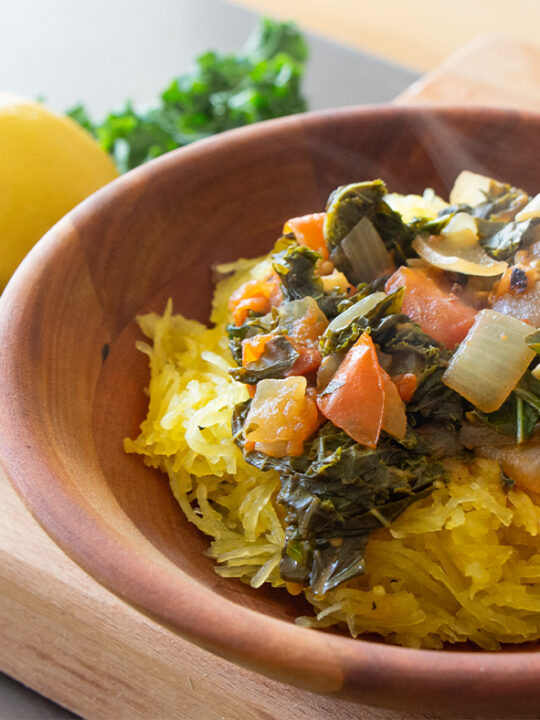
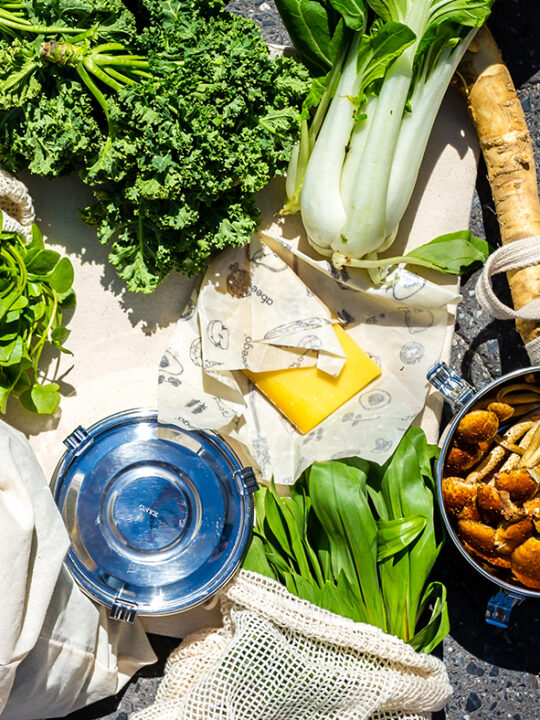
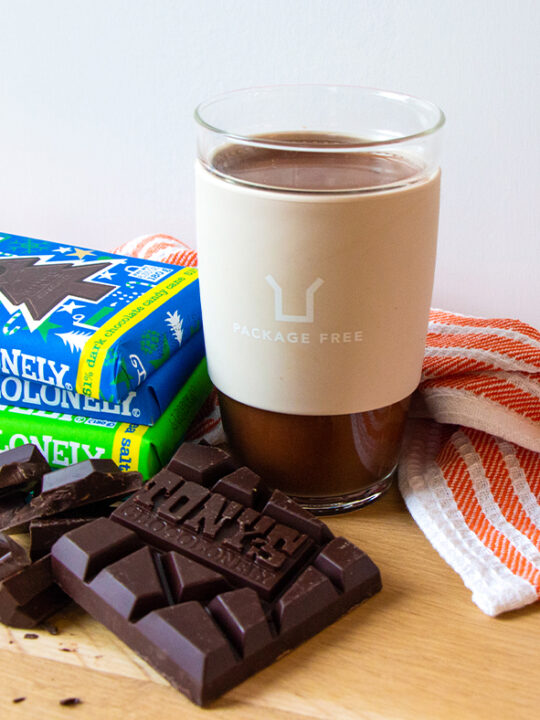
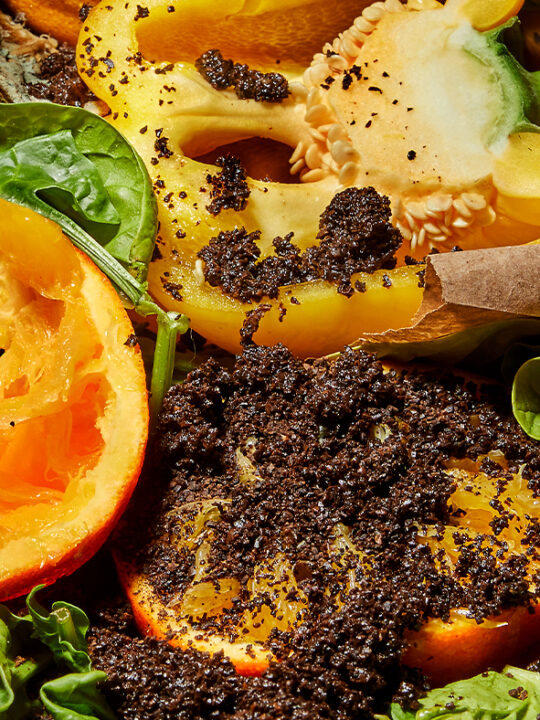
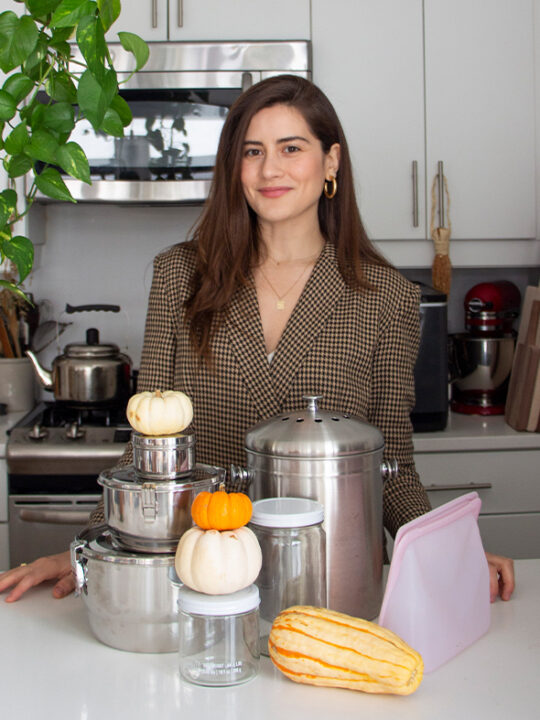
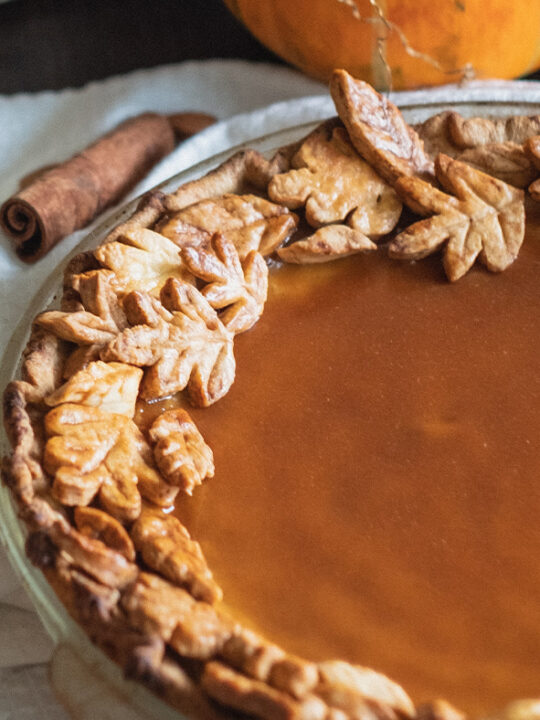
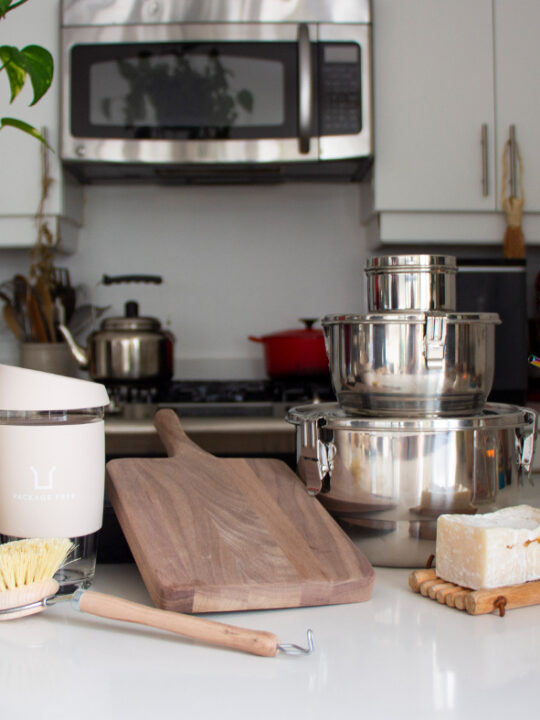
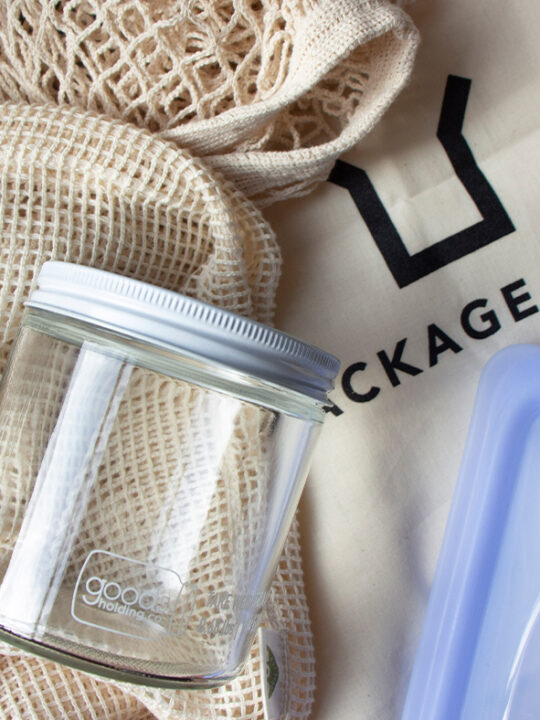
1 comment
Hi Lauren– these are wonderful ideas! I know that you’re a big proponent of fresh, real foods, but what do you do when you have a craving for potato chips, pretzels or some other guilty pleasure snack that is most commonly sold in a package? Thanks!